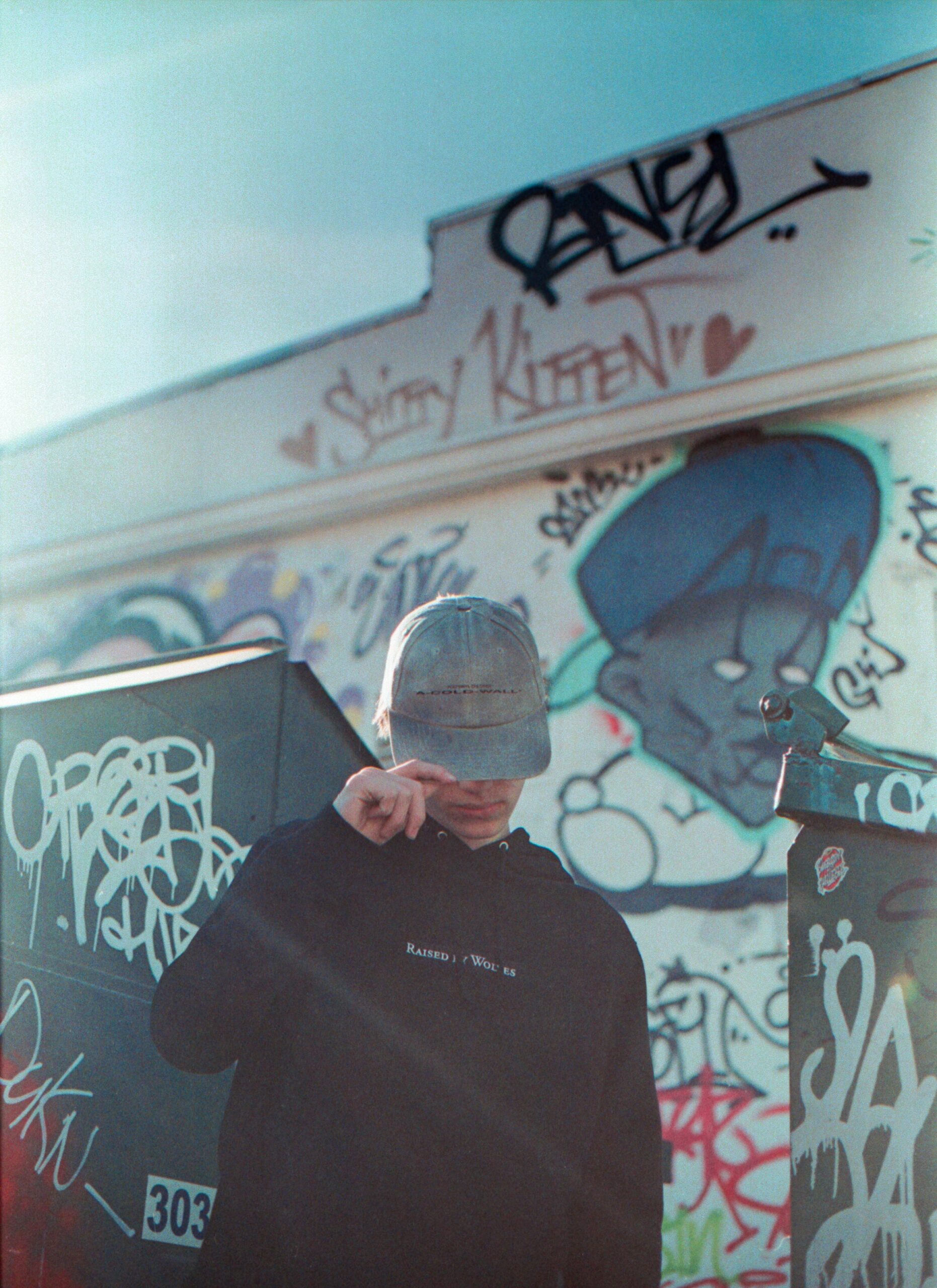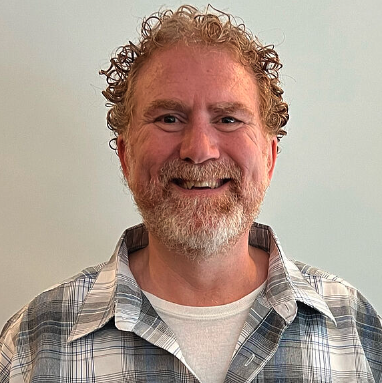Six months later, most of the beneficiaries of the project were higher off
It would not essentially purchase happiness, however each private expertise and scientific analysis present that when individuals have extra money, they’re extra possible to lead glad lives. That’s the premise of a social experiment in Denver, the place over the previous few months, a number of hundred of the metropolis’s most vulnerable individuals have been receiving money with no strings hooked up.
The outcomes to date are as follows: People who slept tough at the starting of the experiment, then – with extra money in their pockets – really feel safer, have higher psychological well being and revel in entry to extra secure and pleasant dwelling circumstances.
Mark Donovan, founder and government director of the Denver-based Basic Income Project, informed Insider he was “very encouraged” by the outcomes.
“Many participants reported using the money to pay off debt, fix their car, secure a home, and enroll in a course. These are all avenues that can ultimately lift participants out of poverty and allow them to to be less dependent on welfare programs,” he says.
Donovan based the Denver Basic Income Project in 2021. He’s an entrepreneur who made his cash from Wooden Ships, a clothes firm specializing in girls’s sweaters, and an funding in Tesla, which has soared throughout the pandemic. In 2022, he used a few of that cash, plus a $2 million contribution from the metropolis, and commenced distributing cash to different individuals.
Commentary on homelessness typically focuses on psychological well being and habit, that are seen as main components in the sharp improve in the variety of individuals sleeping tough. But as the Pew Charitable Trust famous in a latest evaluation, analysis “consistently finds that homelessness in a given area is determined by the cost of housing” (ie, hire, not time).
Six months later, most of those that acquired project cash were higher off—considerably higher off, in accordance to researchers at the University of Denver’s Center for the Study of Housing and Homelessness.
How the Universal Basic Income plan works in Denver
As of October final 12 months, greater than 800 individuals were enrolled in the primary earnings plan, however not everybody receives the similar stipend. There are three teams – one will get $1,000 a month for a 12 months; the different receives $6,500 upfront and $500 month-to-month thereafter; and a 3rd will get solely $50 a month.
While cautioning that that is solely an interim report of a year-long examine, the researchers nonetheless discovered stark and inspiring modifications in the materials well-being of the members. Those who acquired $500 or extra monthly were the most profitable. At the starting, lower than 10% of them lived in their very own home or residence, whereas after six months greater than a 3rd had their very own dwelling.
Guaranteed Income has additionally dramatically decreased seen homelessness. When the initiative began, about 6 % of individuals in the $1,000-a-month group were sleeping outdoors, and 6 months later that quantity had dropped to zero. The group that acquired a big lump sum additionally noticed a drop from 10% sleeping outdoors to 3%. Even those that acquired as little as $50 moved into a house, with the fee dropping from 8% to 4%.
In the $1,000-a-month group, 34% of members now dwell in their very own home or residence, in contrast to simply 8% half a 12 months earlier. For all teams, the variety of individuals sleeping in shelters greater than halved, and all reported an elevated sense of security in their present place of residence. Overall psychological well being additionally improved, though the $50 group reported barely extra stress and anxiousness than earlier than — and barely much less hope.
Other cities are additionally implementing the experiment
The undeniable fact that materials advantages were seen amongst all teams means that a minimum of a few of the enhancements could also be due to one thing apart from cash, equivalent to elevated entry to different providers throughout the examine interval (the researchers make no assumptions). Additionally, the examine relied on members self-reporting their scenario in trade for funds of up to USD 30.
But the outcomes match the expertise of different cities.
In San Francisco, a examine of 14 individuals receiving $500 a month discovered that two-thirds of those that were homeless at the starting discovered everlasting housing six months later. Smaller cities, equivalent to Santa Fe, have additionally experimented with money funds, as have rural areas, together with upstate New York. Philadelphia is even increasing the idea to different vulnerable teams, together with pregnant individuals.
Outside the United States, different nations are additionally discovering that the methodology of direct money help is proving to be a simpler technique of coping with some social issues than policing or the patronage of extra conventional support applications the place support is tied to circumstances.
Vancouver, Canada lately awarded about $5,600 to a bunch of greater than 100 individuals affected by poverty.
“Housing is improved, homelessness is reduced, spending and savings are increased over time, and it’s a net saving for the government and taxpayers,” Jiaying Zhao, an affiliate professor of psychology at the University of British Columbia, informed The Guardian.
Source: Business Insider
Illustrative Photo by Aidan Roof: https://www.pexels.com/photo/man-in-black-crew-neck-shirt-wearing-gray-hat-4071362/














